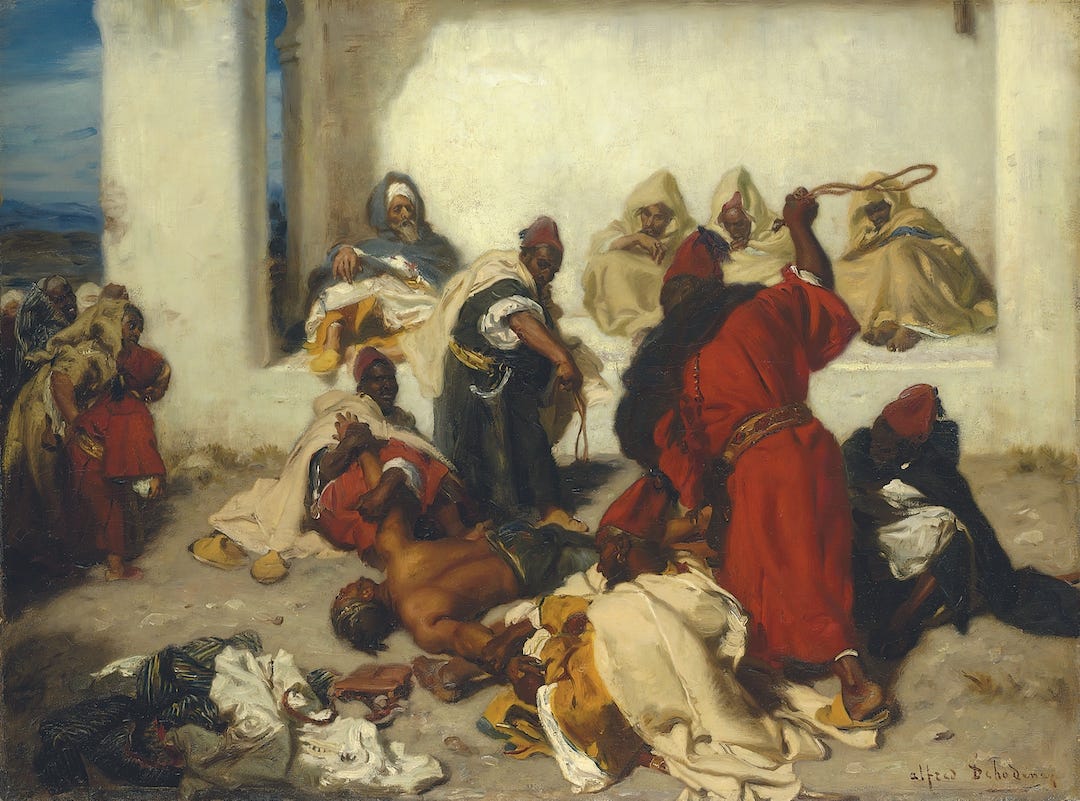Alcohol Franchise Laws: Nothing But Margin Theft Producers and Retailers
It's legal. And it's unethical
It doesn’t matter how bad, how disruptive, or how insidious a law is. If it is clearly the law, courts are likely to forbid violating that law. The perfect example of this principle is the beer franchise law, which exists in a number of states including (as we recently found out) Maine.
Ashley Brandt, an alcohol beverage attorney who regulatory writes about alcohol beverage law, brings our attention to a case out of Maine that reminds us that “beer distribution franchise laws generally incorporate themselves into signed contracts whether the parties want it or not.”
Ashley describes what happens in this case very succinctly and you should read it here. Briefly, Vacationland Distributing sued Maine’s Fore River Brewing when the distributor was alerted by the brewer that it would be moving to a self-distribution model when its distribution contract with Vacationland was up.
Moving to self-distribution instead of using a wholesaler to distribute your product can make a great deal of sense from a number of perspectives. To begin with, the brewer’s profit margins expand significantly. Moreover, taking over one’s own distribution allows the brewer to much more closely control its messaging and branding rather than putting it in the hands of a distributor that does not have the same commitment to the brand.
What’s notable in this case is that there was a signed distribution agreement between Vacationland and Fore River Brewing that had a very specific end date (December 31, 2021) for their business relationship. Despite this, Vacationland Distributing argued that even having signed an agreement that included a very specific end date with no option to extend that agreement, Fore River Brewing was prohibited by Maine’s Beer Franchise statute from withdrawing from its distribution agreement with them.
The court in its decision writes:
“To the extent Fore River argues that Vacationland waived the [Beer Franchise] Act’s application or its right to reasonable compensation through the 2017 contract, the Act’s language itself defeats this argument. Fore River may not require Vacationland, through contract or otherwise, “to waive [Fore River’s] compliance with any provisions of [the Act]”
Fore River signed a contract that specifically ended in December 2021. Vacationland Distributors signed a contract that specifically ended in December 2021. None of this matters and the court’s decision was probably correctly rendered.
The very notion of a law that prohibits an alcohol producer from withdrawing from a relationship with a distributor is absurd and likely the most protectionist kind of alcohol law that does nothing to help producers and only codifies the right of distributors and wholesalers to be lazy Do-Nothings.
It’s no coincidence that the report issued earlier this year by the Treasury Department looking at the issue of competitiveness in the Alcohol industry called out Franchise laws as anti-competitive. Because of course, they are. The Treasury report has this conclusion to offer concerning franchise laws:
“In general, therefore, state franchise laws tend to increase the producers’ costs of obtaining distribution services from distributors, which, in turn, are likely to increase the costs of distribution. These laws have the effect of encouraging opportunism by distributors, thereby increasing the cost of producing and inhibiting the growth of craft producers.35 Such laws make it easier for the largest producers to defend their dominant positions, likely lead to higher prices for consumers, and reduce the variety of products available to consumers in those states.”
Because most states possess archaic alcohol laws that no longer serve their original purpose but instead serve the purpose of transferring producer and retailer margins to wholesalers who protect that codified margin theft via lobbying and influence purchasing, these nonsensical and protectionist franchise laws not only remain but are likely legal.




